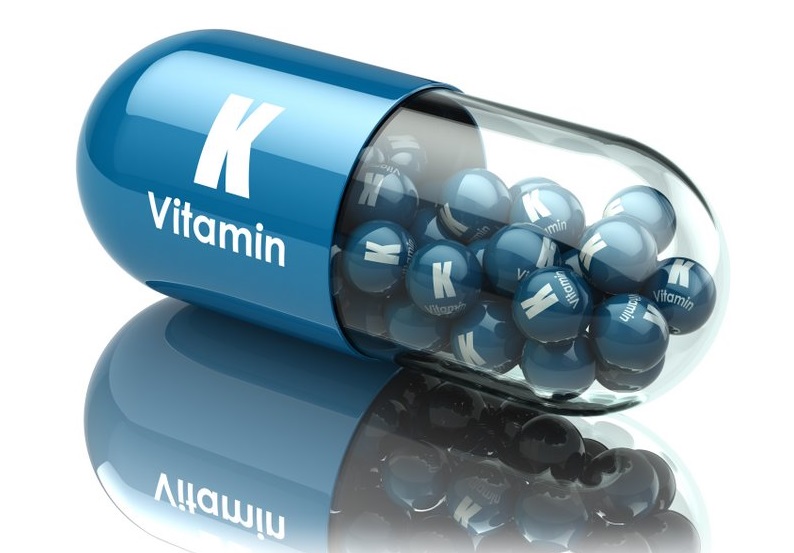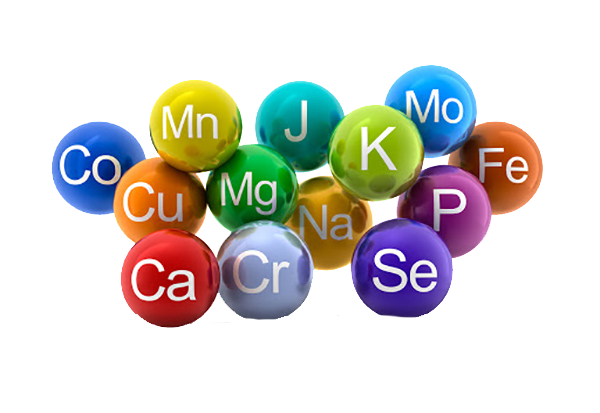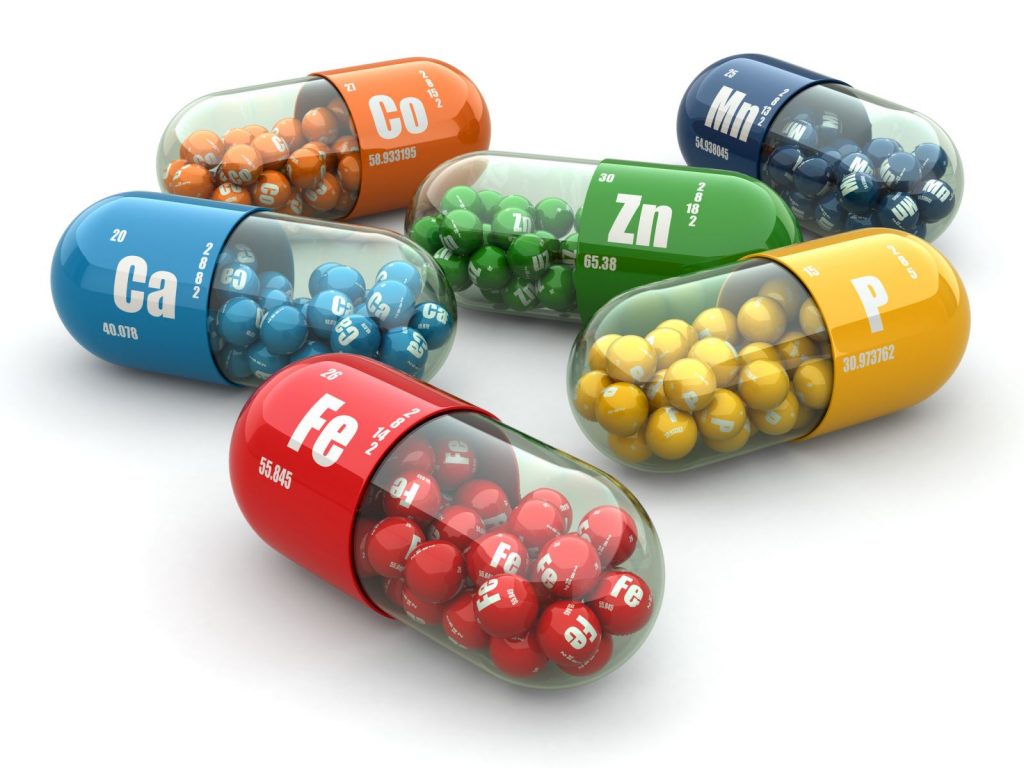
Trace Elements
Trace elements essential for life are ones that generally occur in the body in micrograms per gram of tissue and
rae usually required nby humans in milligrams per day amounts : these elements are copper,iron, manganese, and
zinc.. Spesific biochemical functions have been found for each of these minerals. Because magnesium has many
characteristics of a trace element, it also will nbe included in this group of elements
Copper:
Copper, a mineral, is a trace element and humans require very small amounts of it. Copper is the third most abundant
trace mineral in the body, but it is often deficient in a person’s diet because food sources high in this mineral are not
always eaten frequently. However, copper deficiency is rare and is most frequently seen in cases of severe anorexia,
starvation, or rare kidney problems. The human body contains approximately 500 -100 mg of copper but it’s role is
important, as it serves as a cofactor for enzymes involved in haemoglobin and collagen formation and is involved in
incorporating iron into the structure of haemoglobin.

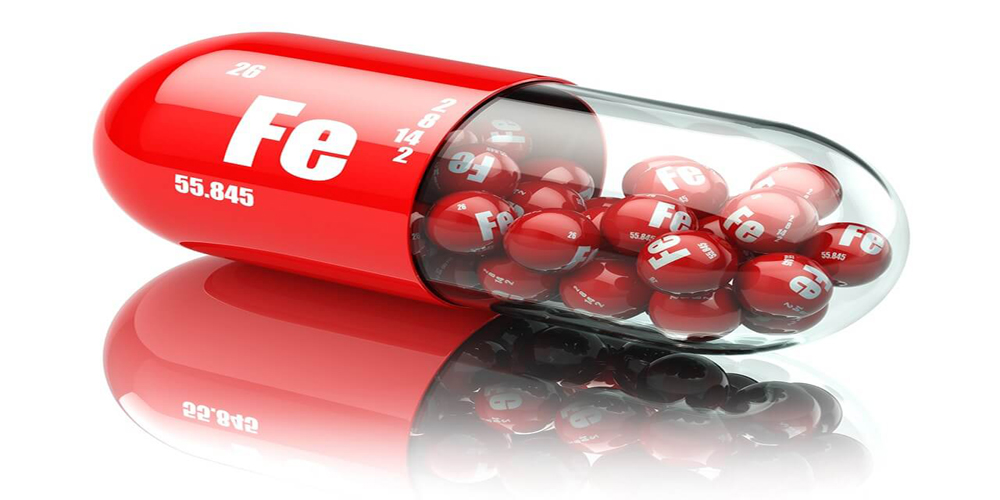
Iron:
Iron one of the most abundant metals on Earth, is essential to most life forms and to normal human physiology.
Iron is an integral part of many proteins and enzymes that maintain good health. In humans, iron is an essential
component of proteins involved in oxygen transport. It is also essential for the regulation of cell growth and
differentiation. A deficiency of iron limits oxygen delivery to cells, resulting in fatigue, poor work performance, and
decreased immunity. On the other hand, excess amounts of iron can result in toxicity and even death
Manganese:
Manganese is a mineral and trace element that plays many essential roles in the body. It aids in the metabolism of
food, normal functioning of the nervous system, in the formation of the thyroxin hormone for the thyroid gland, and
in the production of sex hormones. Manganese works as an antioxidant to help prevent cancer and heart disease
Most people are not deficient in manganese
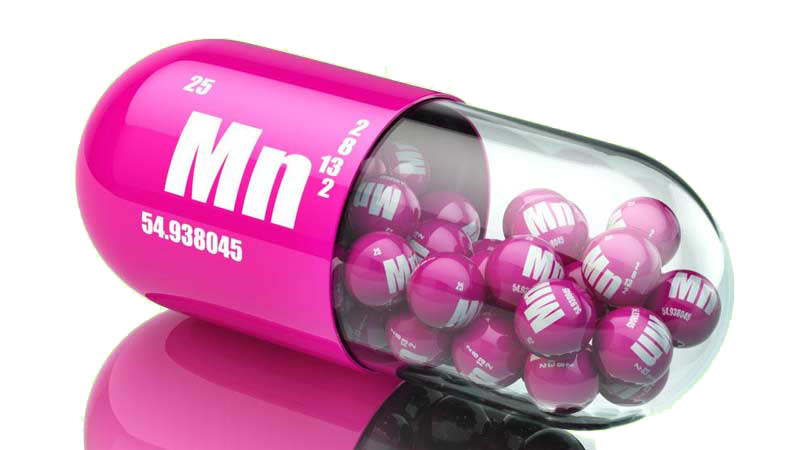
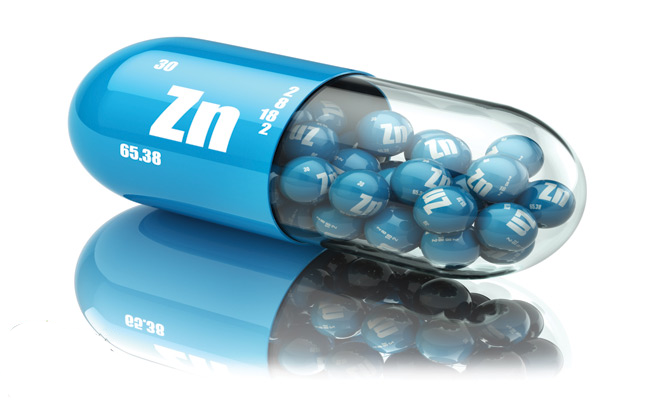
Zinc:
Zinc is an important mineral that the body uses in a variety of processes. It fuels everything from manufacturing
DNA, wound healing, maintaining a strong immune system, to fighting colds, flus, and other infections. Zinc is
critical for proper functioning of the male reproductive system; it is involved in processes that contribute to normal
sperm counts and regulation of the metabolism of testosterone and sex drive. It is also believed to enhance fertility
in both men and women. The human body does not produce zinc on its own, so it must be obtained from outside
sources. The mineral zinc can be found in both animal and plant food sources, but the richest source of zinc comes
from animal food sources
Mangnesium:
Magnesium, a mineral, is a white metal that is abundantly found in nature, and the human body contains approximately
one ounce of magnesium, mostly in its bones and muscles. Magnesium is found in both plant and animal sources,
but plants provide a richer source of this mineral. It may be one of the most important anti-aging minerals, and
magnesium is essential for calcium and vitamin C absorption, as well as helping the metabolism of phosphorus,
sodium, and potassium. Overall, magnesium helps convert blood sugar into energy and it is necessary for effective
nerve and muscle functioning. It is often referred to as the antistress mineral. Many people are deficient in this
mineral because of reliance on processed foods and because magnesium is easily depleted by stress, some diseases
and medicines, and intense physical activity. Alcoholics are also usually deficient in this mineral

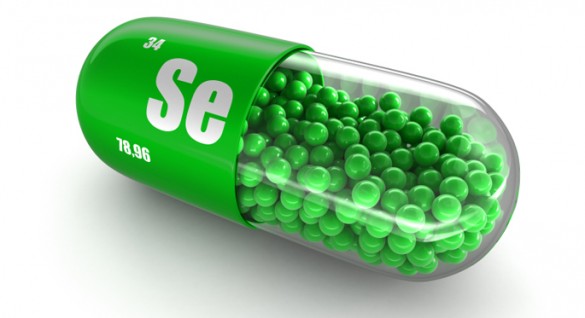
Selenium:
Selenium is a trace mineral that is essential to good health but required only in small amounts. Selenium is
incorporated into proteins to make selenoproteins, which are important antioxidant enzymes. The antioxidant
properties of selenoproteins help prevent cellular damage from free radicals. Free radicals contribute to the
development of chronic diseases such as cancer and heart disease. Other selenoproteins help regulate thyroid
function and play a role in the immune system
Calcium:
Calcium is one of the most abundant elements on Earth, and it is the most abundant mineral in the human body. It has
many important roles it it performs like signalling biochemical processes in cells, controlling muscle contractions,
initiating DNA synthesis, and building bones. The skeletal system houses %99 of the body’s calcium and the other %1
circulates in the blood stream. Most adults get only half the amount of calcium they need daily. Calcium cannot be
absorbed without Vitamin D. This important mineral is essential for a healthy, functioning body.
کلسیم:
کلسیم یکی از فراوان
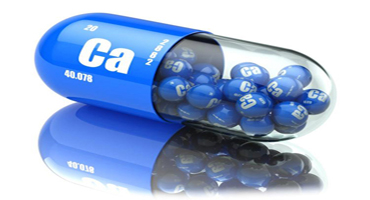
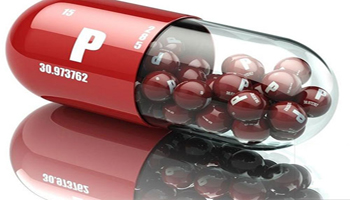
Phosphorus:
Phosphorus is the second most abundant mineral in the body and %85 of it is found in the bones. The rest of the
body’s phosphorus is found in the blood, the fluid around and in cells, and in various organs like the heart, kidneys,
brain, and muscles, where it is involved in many critical functions. Its main purpose is for building strong bones and
teeth, but this mineral is used by practically every cell in the body
Potassium:
Potassium is the third most abundant mineral in the body and is considered an electrolyte. The human body has
about a 2/1 4 ounce supply and most of it is located inside muscle cells. Potassium serves as the ionic counterpart
to other electrolytes sodium and chloride, and needs a balance of these minerals for many essential body functions.
Studies have shown that potassizum may help to prevent high blood pressure and may enhance the effect of
antihypertensive medications. Both physical and mental stress can lead to a deficiency in potassium. Alcohol,
coffee, and sugar deplete potassium levels in the body.
